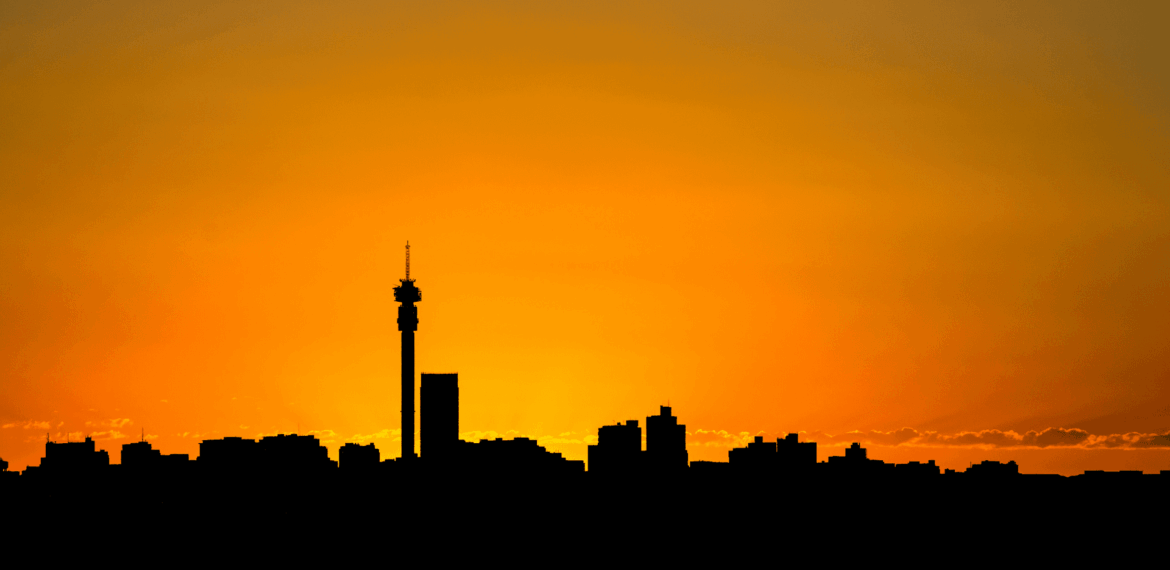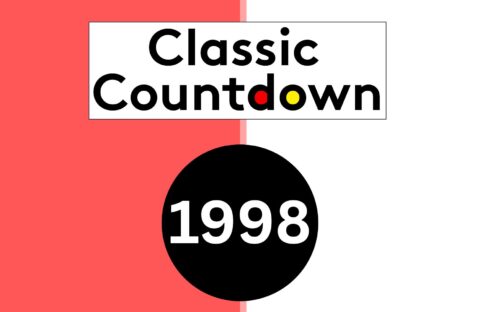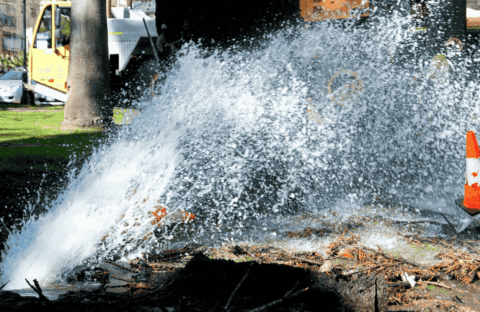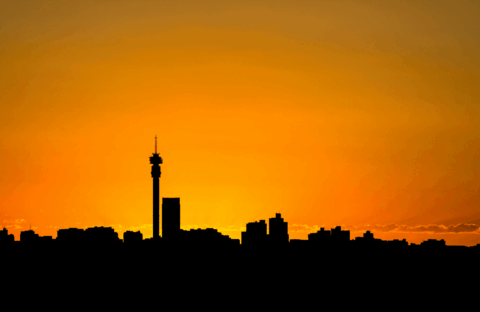
Cape Town’s cost, Joburg’s gain: What’s driving the move back inland
Cape Town’s cost, Joburg’s gain: What’s driving the move back inland
Cape Town’s cost, Joburg’s gain: What’s driving the move back inland
After years of watching families pack up for the promise of Cape Town’s postcard lifestyle, property experts are seeing a slow, steady trickle in the other direction. Rising costs, limited returns, and fewer job prospects have many former Joburgers heading home — not just out of necessity, but because the City of Gold might just be glittering again.
Speaking on HOT Business with Jeremy Maggs, powered by StandardBank, Jonathan Kohler CEO of Landsdowne Property Group, unpacked the numbers, the neighbourhoods, and the newfound value in Joburg’s property market.

It’s not about the mountain losing its magic — it’s about economic reality setting in. “In Cape Town, you’re paying R12,000 to R13,000 for a one-bedroom apartment that would cost you half that in Joburg,” Kohler pointed out. And that’s just rent. When you factor in the costs of living, dining, and commuting, it’s no surprise that some former semigrants are reconsidering their move.
But it’s not just cost driving the return — it’s opportunity. Johannesburg remains South Africa’s commercial hub, and higher-paying jobs are still concentrated in Gauteng. With those jobs come the perks: better financial security, and increasingly, more attractive property options. Kohler says developers are focusing on lifestyle estates and sectional title developments that include backup power, water systems, fiber, and security — countering the concerns around infrastructure and service delivery.
Still, perceptions persist. Cape Town is often seen as “safer” or more laid-back. But Kohler argues it’s largely about perspective: “Many people move into secure estates regardless of where they are. Safety is often about the environment you choose, not just the city you live in.”
The Gauteng market may have hit bottom — but that could spell opportunity for savvy investors and returning residents alike. Suburbs like Paulshof, Douglasdale, and even pockets of the city’s evolving CBD are offering excellent value, especially for those willing to explore the second-hand market over new builds.
Whether it’s about chasing value, better salaries, or just embracing the energy of Egoli again — this could be the start of a new chapter for Johannesburg.
Listen to the full interview on HOT Business with Jeremy Maggs:
More Posts for Show: HOT Business with Jeremy Maggs








